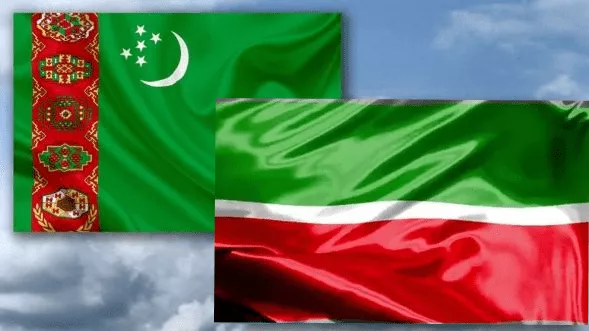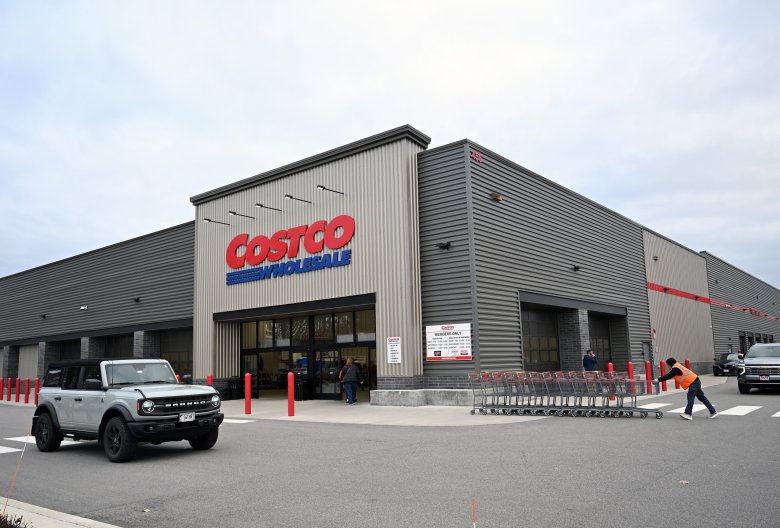Expanding horizons beyond Dubai
getty
Is there such a thing as the ideal location for global business expansion? Dubai’s transformation from a regional business center to one of the world’s most dynamic startup hubs is accelerating fast, and the ripple effects are now being felt far beyond the Gulf. With capital, talent, and regulatory support converging at speed, the city is no longer just attracting founders; it is serving as an international springboard for breaking into new overseas markets.
Fresh from their attendance at last week’s Dubai Business Forum in New York, organized in partnership with the U.S. Chamber of Commerce and the U.S.-U.A.E. Business Council, three Dubai-based entrepreneurs shared some insights into their burgeoning global expansion journeys.
Overseas hospitality markets
Software company Supy provides a back-of-house software platform for restaurants and was founded by hospitality entrepreneur Dani El Zein out of a sense of personal frustration. He says: “I was running my own restaurant and struggling to control food cost. With my background in technology from a tech-enabled logistics company I had worked at, I began building an app for my restaurant to solve our food cost problem. That’s when Dubai proved to be the ideal launchpad.”
The startup focuses on English-speaking markets where localization needs are minimal, and the serviceable market is large enough to support deep expansion. Today, that includes the MENA region, the U.K., and Australia, with Hong Kong due to come online next month (December).
“Dubai is one of the most demanding hospitality markets in the world, with high customer expectations, fast operations, diverse cuisines, and tight margins,” says El Zein. “All of these markets fall within a five to six-hour time zone window. The city’s central time zone gives us real-time access to the entire MENA region as well as the U.K., Australia, and Asia, allowing us to support multiple continents in real time from a single central headquarters in Dubai.”
Supy also shares the same partner ecosystem across these regions, notably with major POS providers, which provides immediate integration and distribution advantages. And because many restaurant groups operate across these geographies, including brands launched in Dubai and now expanding internationally, Supy aligns with their workflows with almost no adaptation, making its expansion fast, efficient, and highly scalable.
The only significant pitfall El Zein has encountered is the fact that the ecosystem is still maturing and access to large early-stage capital remains more limited than in Western markets. But that constraint, he explains, has shaped Sury for the better. “It has forced us to be more disciplined, more efficient, and more creative with our execution. What could have been a challenge became a competitive advantage.”
Transforming property finance
Dubai-based Huspy is a proptech startup that’s redefining the home-buying journey, specifically around mortgages and real estate transactions. Founder Jad Antoun is no stranger to the sector, having been immersed in real estate for as long as he can remember.
“Growing up in Lebanon, a country without many thriving industries, I was surrounded by friends whose families had built businesses in contracting and development,” he says. “It quickly became clear to me that even in a struggling economy, real estate represented a tremendous opportunity.”
When it came to building Huspy, Dubai was his obvious choice of location, thanks to its positioning as a global hub for innovation, entrepreneurship, and a highly business-friendly regulatory environment. “It’s an ideal place to build a company with global ambitions,” says Antoun.
The EMEA-focused company is now on a mission to build a leading real estate business across the Middle East and Europe. Both regions represent huge opportunities; they are fragmented, dominated by outdated traditional players, and primed for disruption.
“We believe the Huspy model, which combines technology, transparency, and empowerment for real estate professionals, is the right solution for these markets,” adds Antoun. “We’re currently operational in the UAE, Spain, and Saudi Arabia, across 10 cities, and our goal is to expand to 100 cities in the coming years.”
Opportunities for real estate investment
Dubai-based proptech/real estate fintech company Stake allows individual investors to buy fractions of real estate (as opposed to whole properties), providing people with an opportunity to invest in prime, income-generating properties in the UAE.
Founder Rami Tabbara says: “We saw how vibrant Dubai’s property market was, yet how limited access remained, and decided to bridge that gap through technology. Starting in Dubai gave us a huge advantage. The city’s innovation-driven mindset, supportive regulators, and global connectivity created the ideal environment to build a fintech platform with regional roots and global ambitions.”
The company’s current focus is on expanding into key global markets with both strong investor appetite and regulatory maturity, starting with Saudi Arabia, which Tabbara describes as a natural next step.
He says: “It’s a market that is undergoing a massive transformation, with strong alignment between our vision and the Kingdom’s drive for financial inclusion and real estate transparency. We’ve been operating there for just under a year, being the only digital platform enabling international investors to participate in the growth of this phenomenal country. We also most recently launched our first U.S.-based opportunity, logistics warehouses that provide consistent rental income to our investors.”
Being based in Dubai has offered a major strategic advantage due to its unique mix of world-class regulation, tech-forward infrastructure, and a global investor base. “It’s one of the few places where a startup can operate with the credibility of a financial hub and the agility of an emerging market,” says Tabbara.
Like any fast-growing startup, Stake has faced its share of challenges, from navigating complex regulations across markets to educating investors about a new way of owning real estate. The lesson learned is that building trust in a traditionally conservative asset class takes time and consistency.
“We also learned early on that scaling responsibly matters more than scaling fast,” says Tabbara. “Every market has its own nuances, and taking the time to align with regulators and build credibility has been key to our long-term success. In hindsight, those early hurdles helped shape Stake into a more disciplined and resilient company.”
The next stage in Stake’s global business expansion journey will focus on scale and depth, expanding beyond fractional ownership to give investors access to full properties through Stake One, and preparing to launch more U.S. real estate funds that open global opportunities for its users. “Our vision is to make Stake the global platform where anyone can build a diversified property portfolio across cities and asset types, all from their phone,” adds Tabbara. “In short, we are just getting started.”









